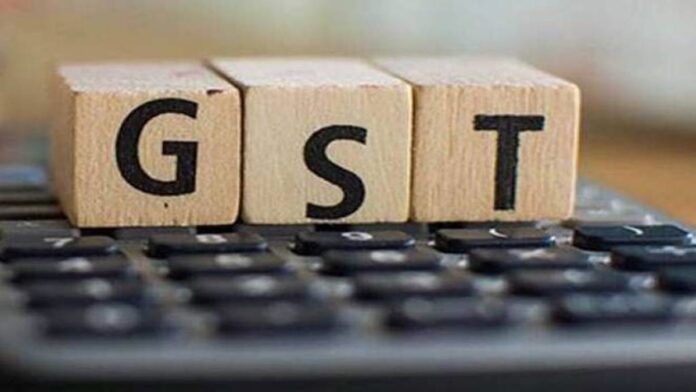The GST Council’s decision to exempt gift vouchers from indirect taxation has brought much-needed clarity to the retail and corporate sectors, with industry leaders lauding it as a significant step forward.
The council recently clarified that vouchers will not attract GST, as they are neither a supply of goods nor services. This resolves a long-standing ambiguity stemming from a Karnataka Authority for Advance Rulings verdict that deemed vouchers taxable as goods.
Also ReadGenerative AI in 2025: Disrupting Tech and Business Landscapes
Widely used for corporate gifting and promotional activities, gift vouchers had faced uncertainty regarding their taxability.
Also Read SBI Card: 8 best credit cards to make year-end shopping, travelling more rewarding Blogger’s Park: Cause and effect Long live shared value 55th GST Council meeting : What to expect and why this meeting could be crucial?
“The ambiguity over the taxability of gift vouchers, which are essentially prepaid instruments, had been a persistent issue for the industry,” said Akhil Jain, executive director at Jain Amar, the parent company of Madame. “The GST Council’s recommendation to omit Sections 12(4) and 13(4) of the CGST Act and Rule 32(6) of the CGST Rules is a welcome resolution to this challenge.”
According to an industry body official, one of the core reasons behind the decision was the impracticality of applying GST on vouchers, especially on e-commerce platforms.
“On platforms like Amazon, a gift voucher can be used to purchase any product, each attracting different GST rates. Additionally, determining the applicable tax rate on expired vouchers was nearly impossible,” the official explained.
Experts believe the exemption will not only simplify compliance but also encourage greater use of vouchers across retail and hospitality.
“This move will reduce compliance costs for businesses and could lower consumer prices, thereby boosting the use of vouchers as a promotional tool,” said Krishan Arora, partner at Grant Thornton Bharat. “By exempting gift cards and vouchers from GST, the government is fostering greater consumption and customer engagement.”
The jewellery sector, where gift vouchers are already popular, expects the change to further drive digitisation.
Also ReadZoho-backed Silectric to invest Rs 3,426 crore in Karnataka
“This decision will help formalise the business,
» Read More


